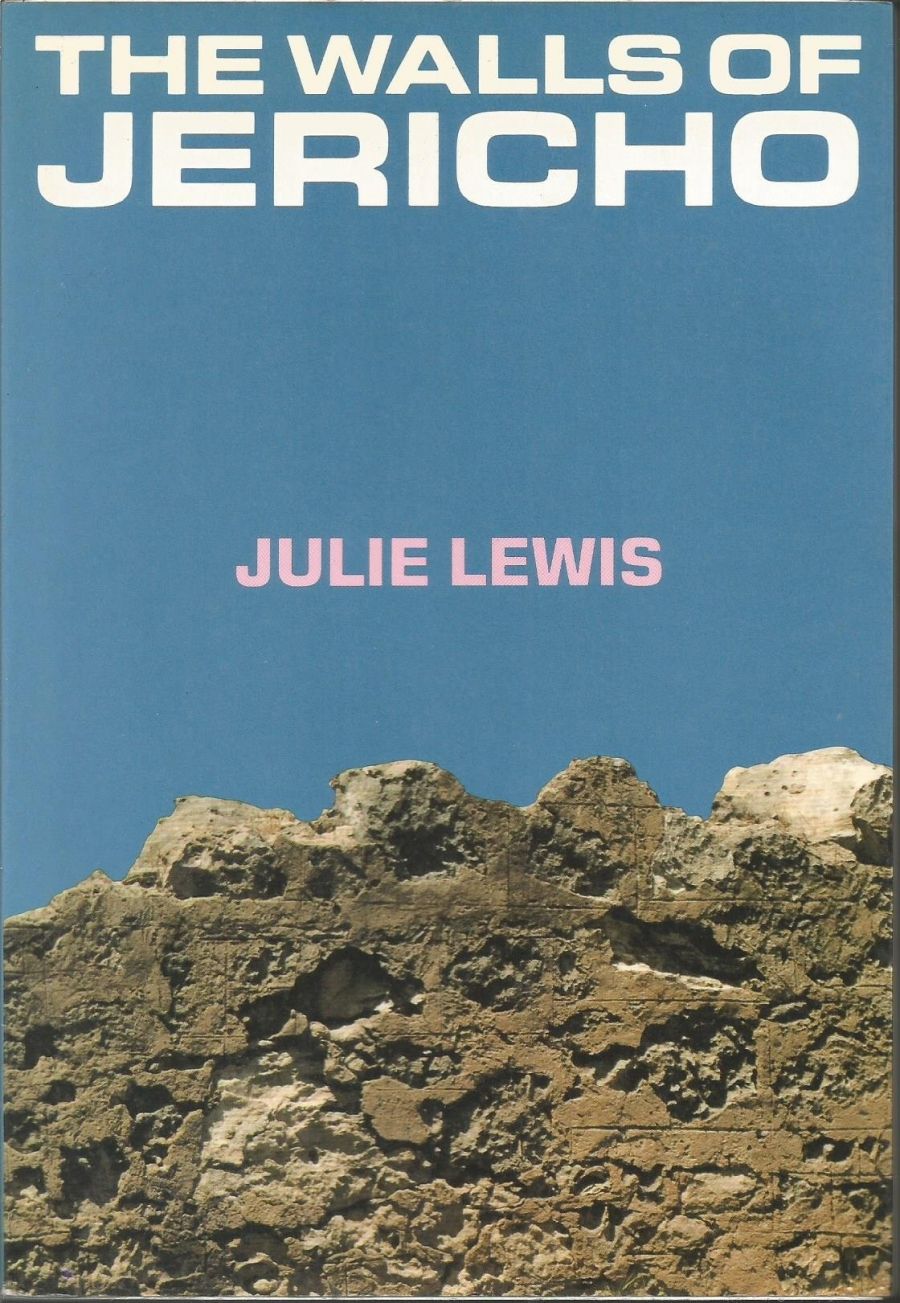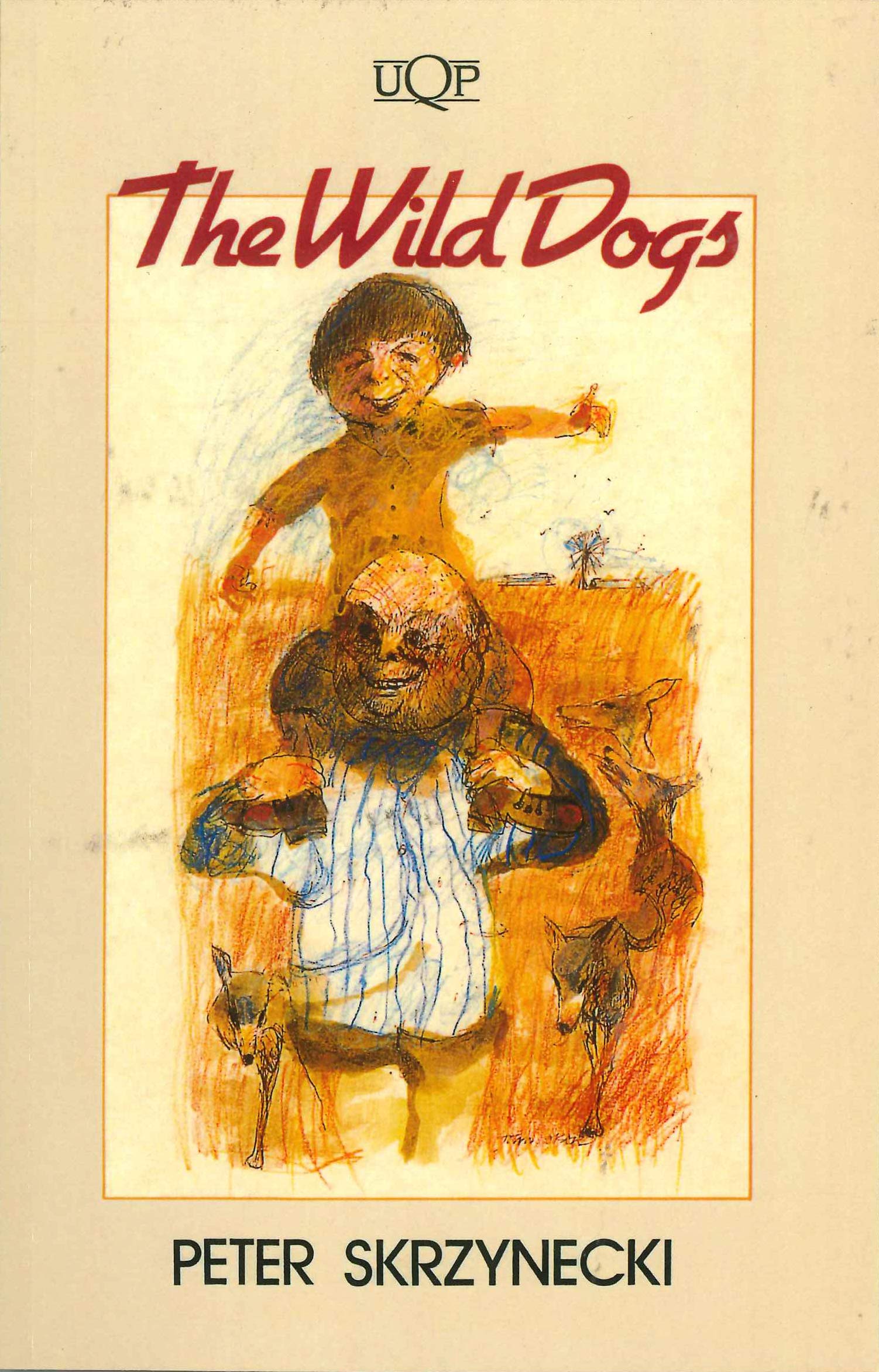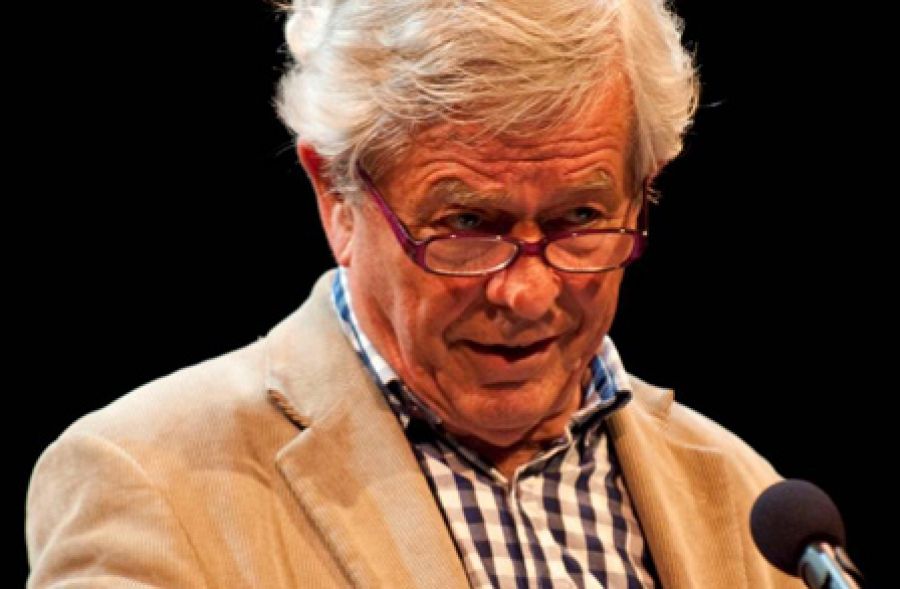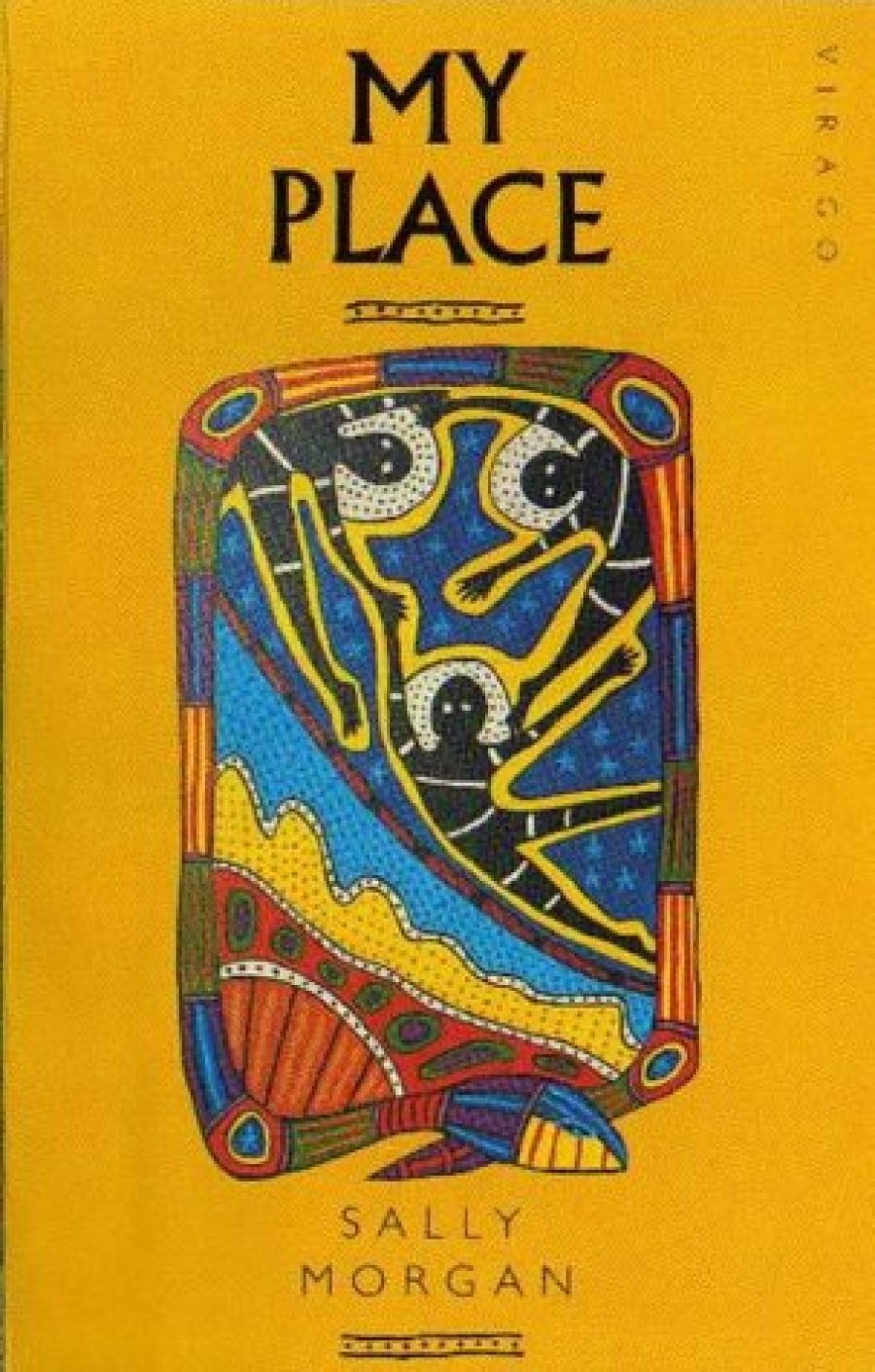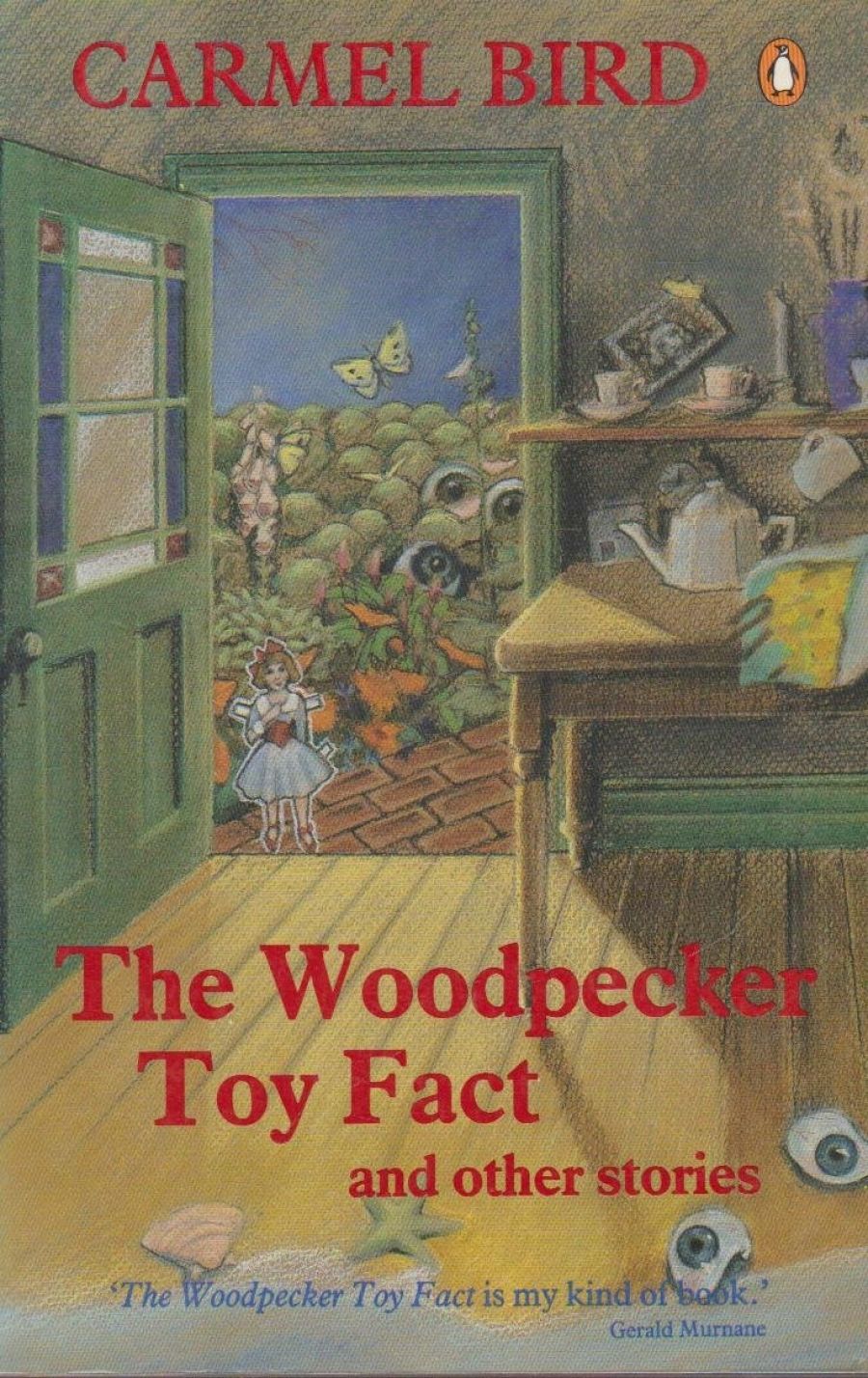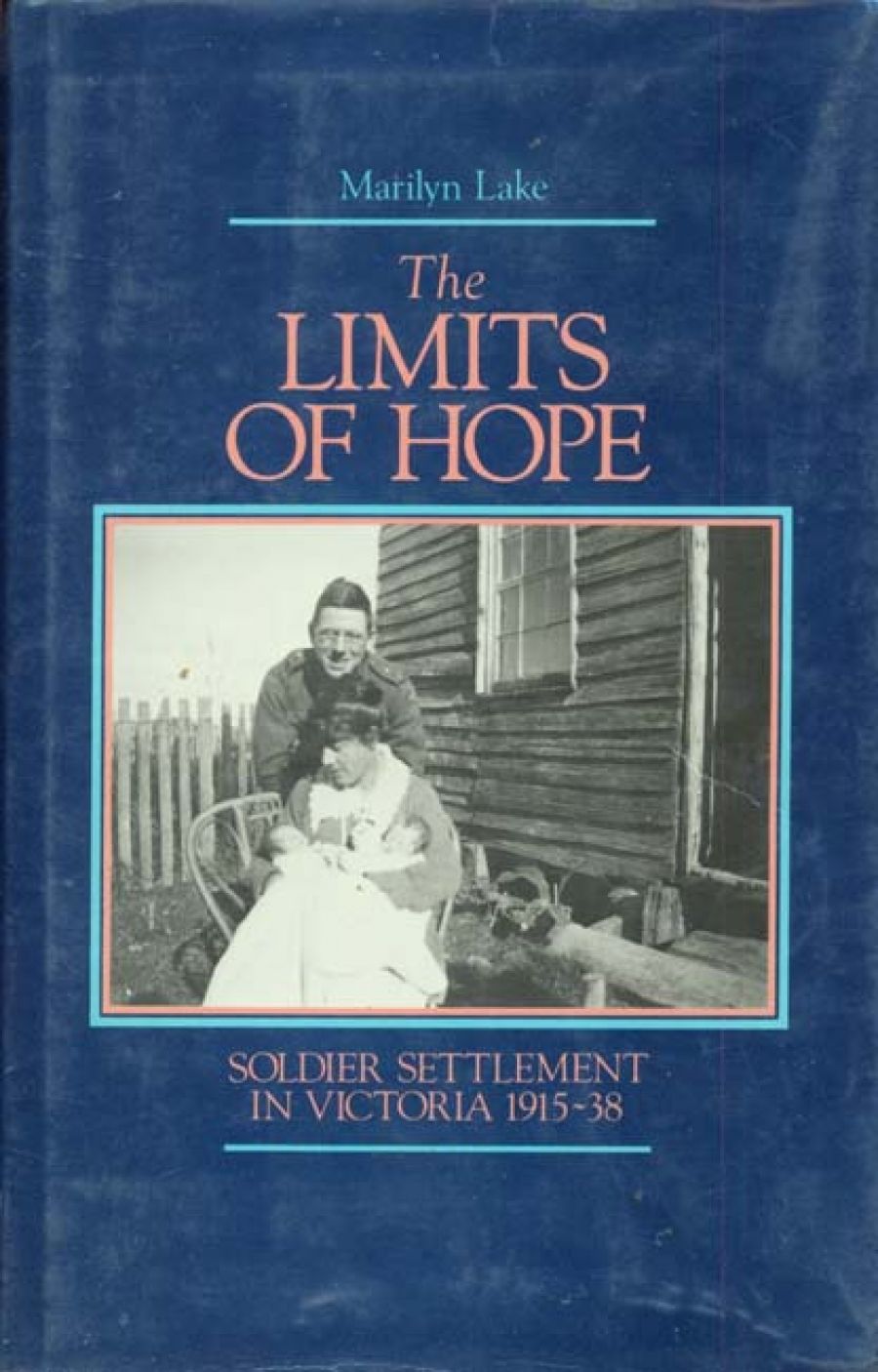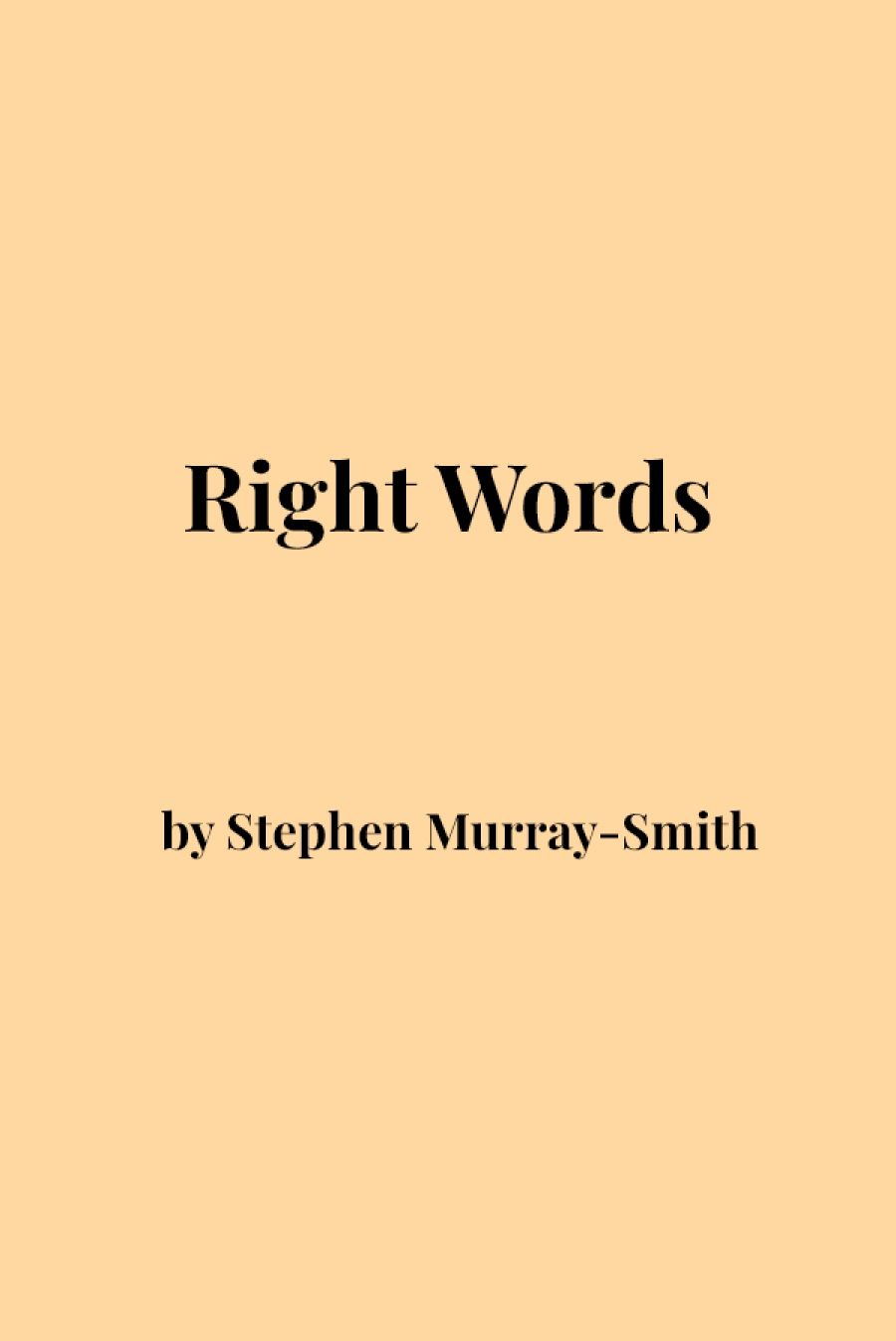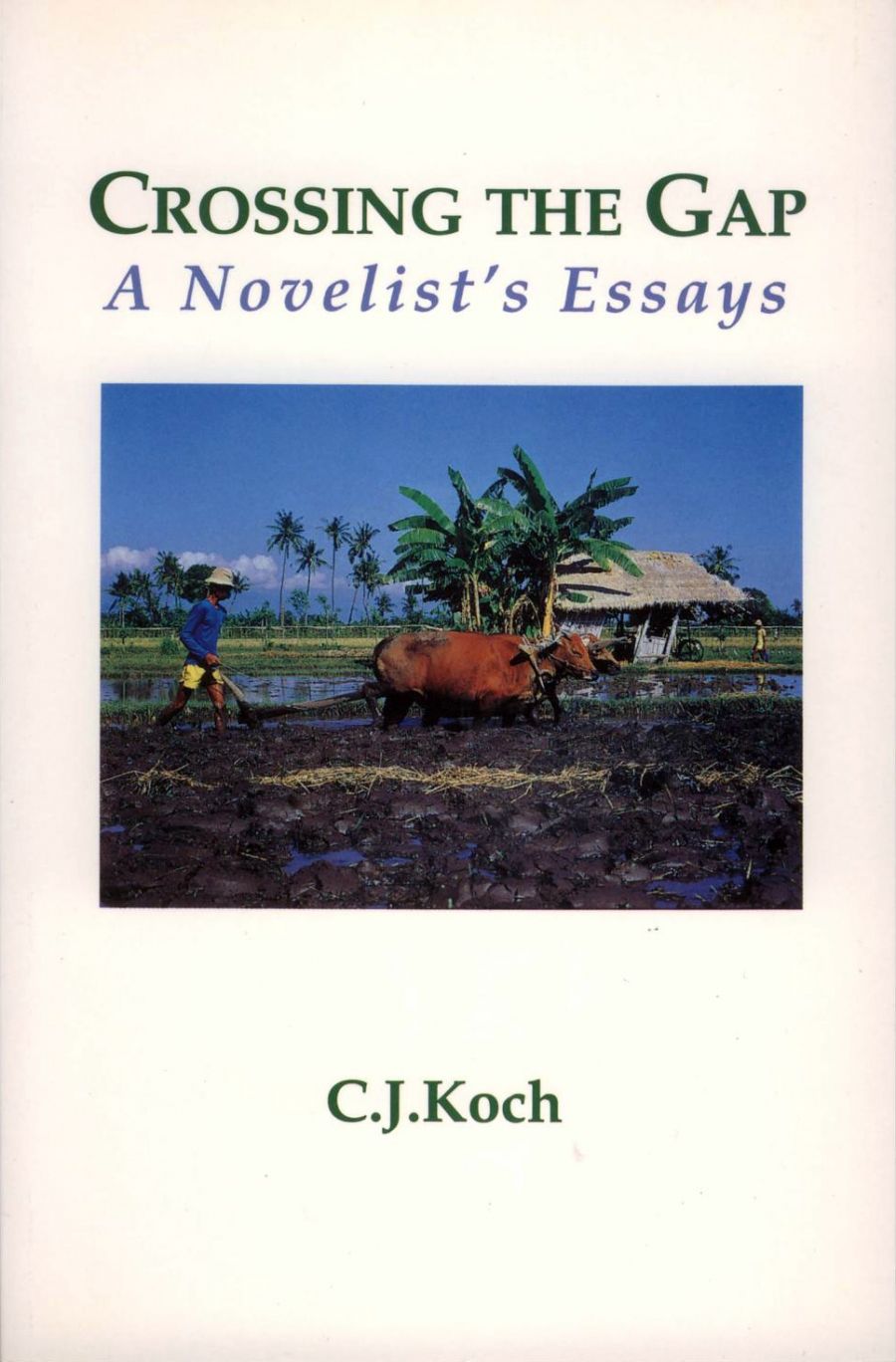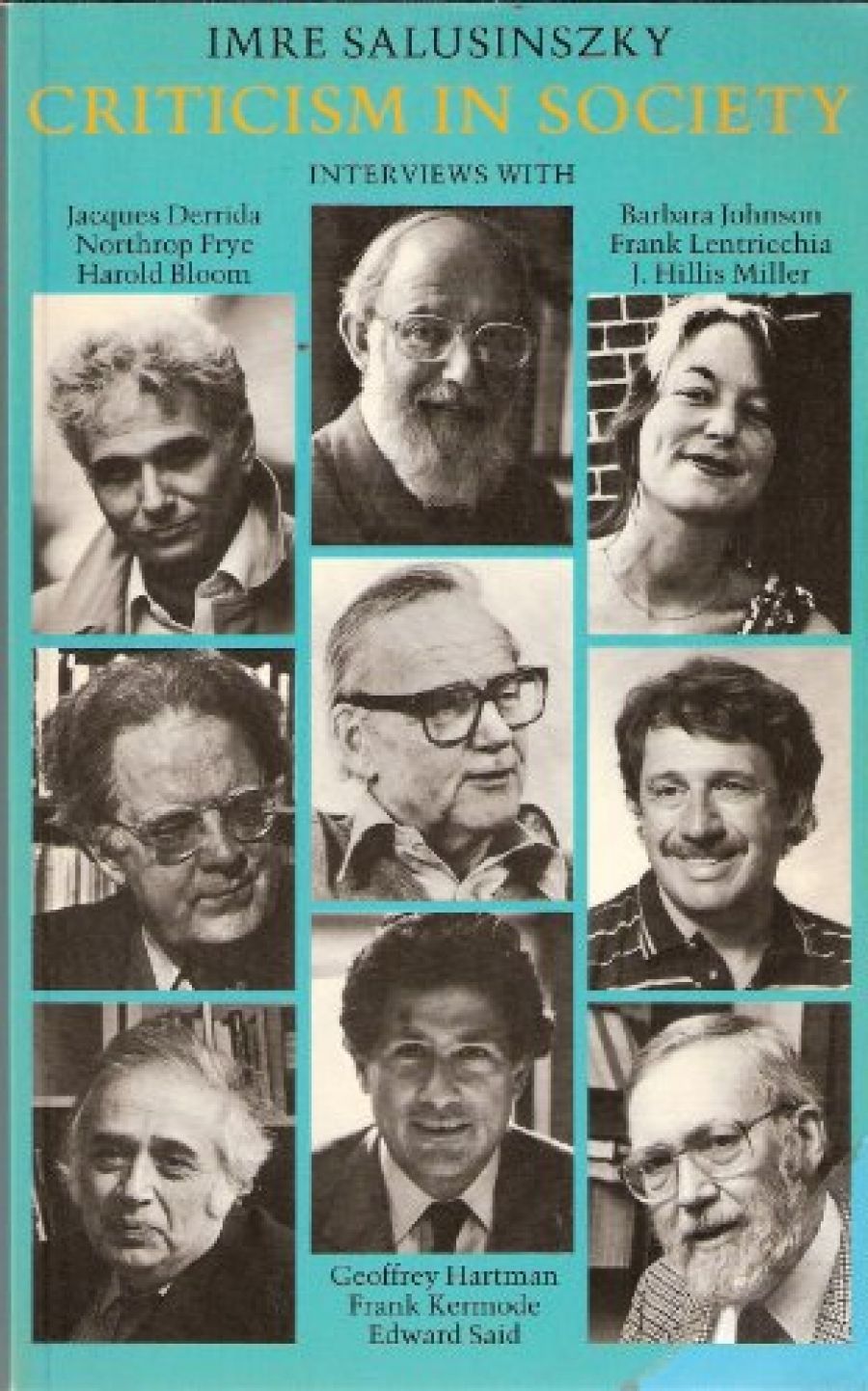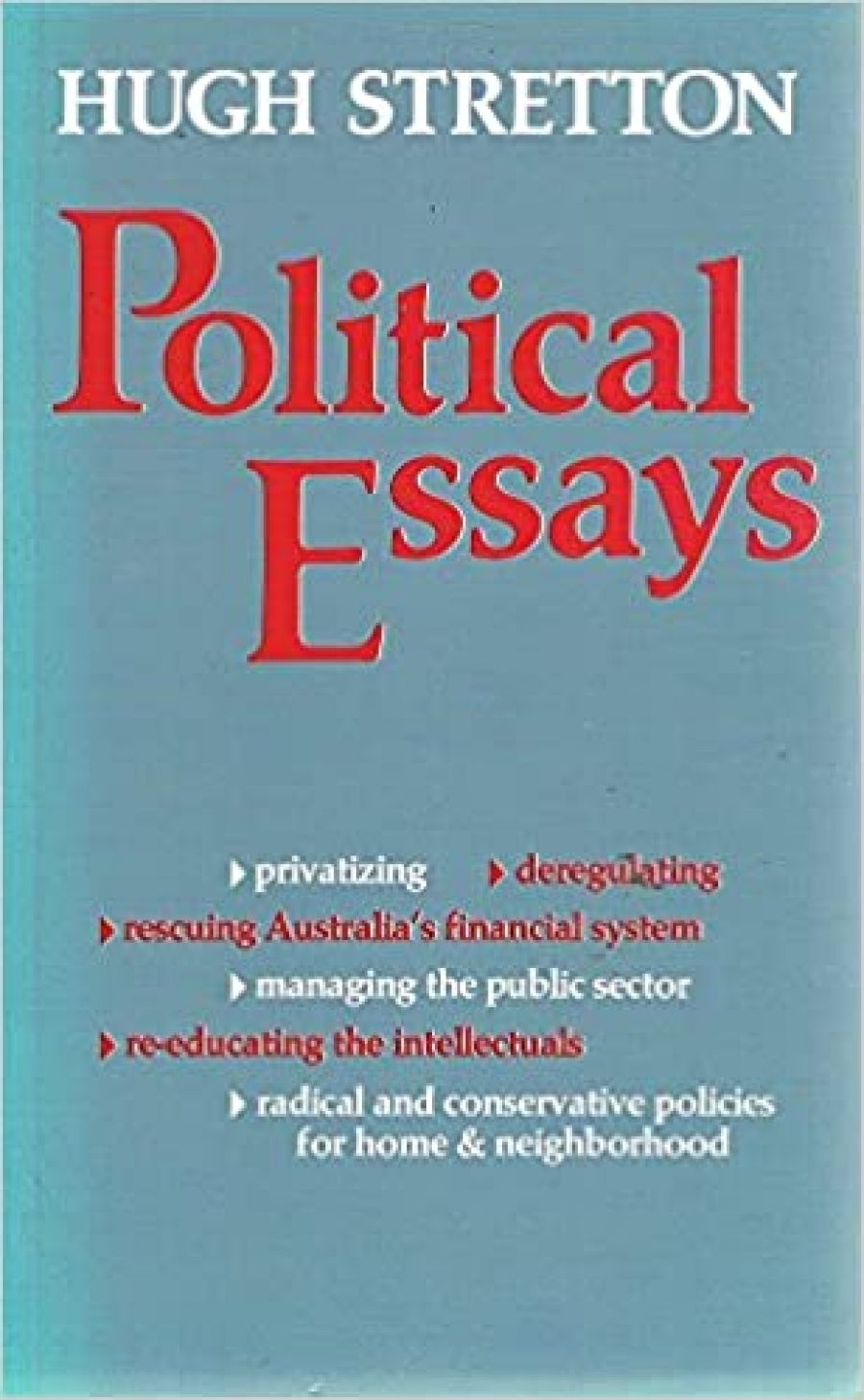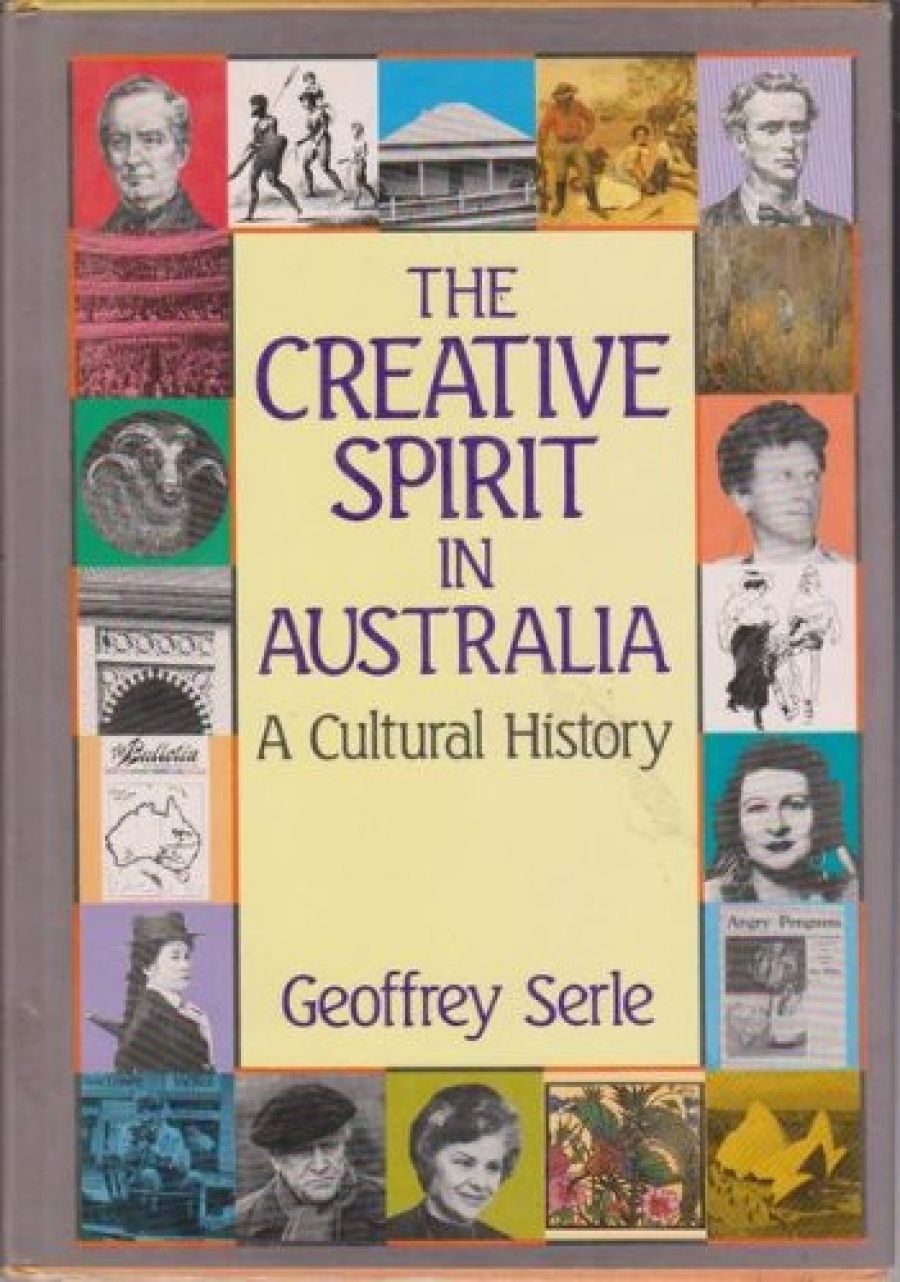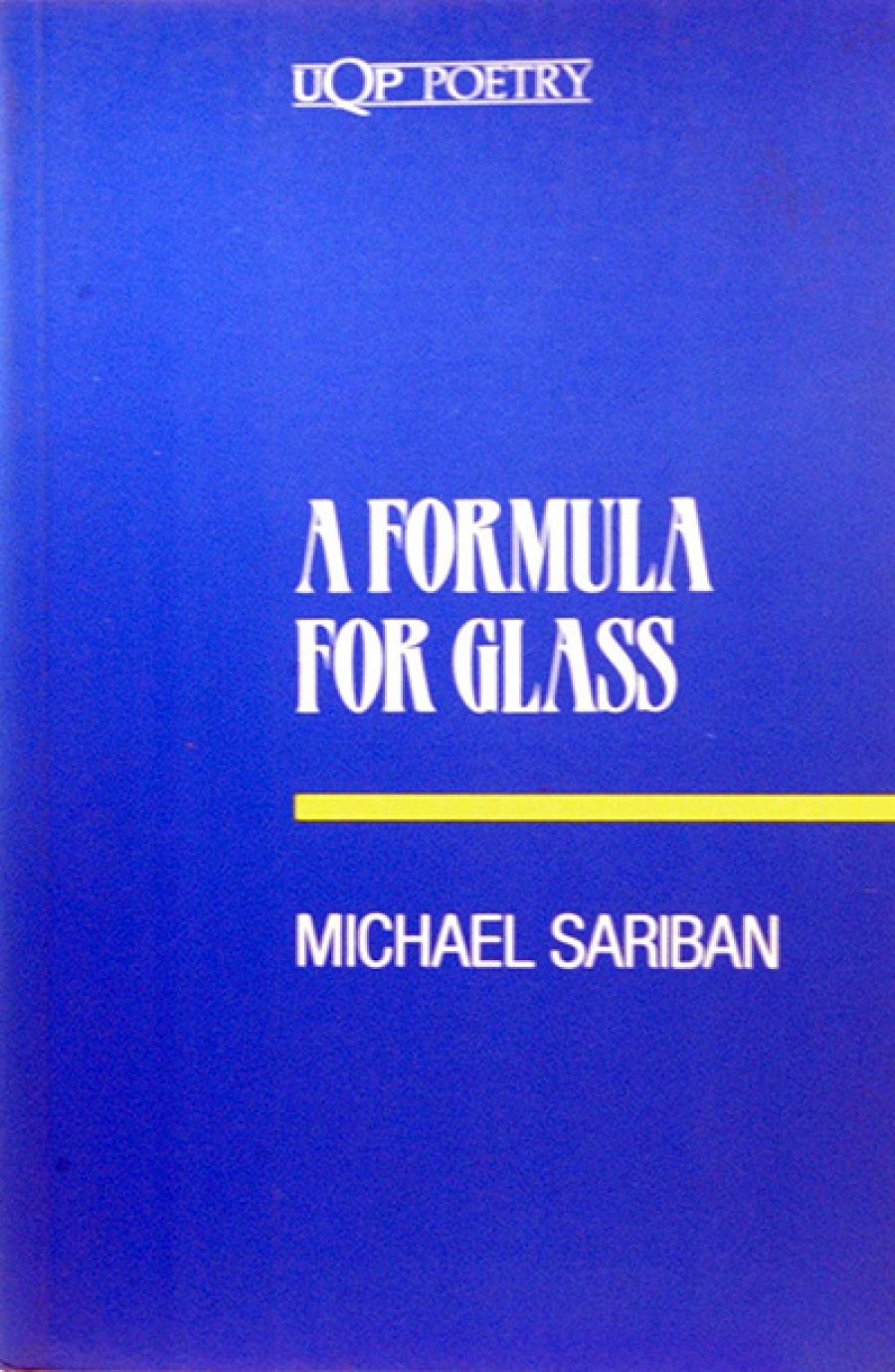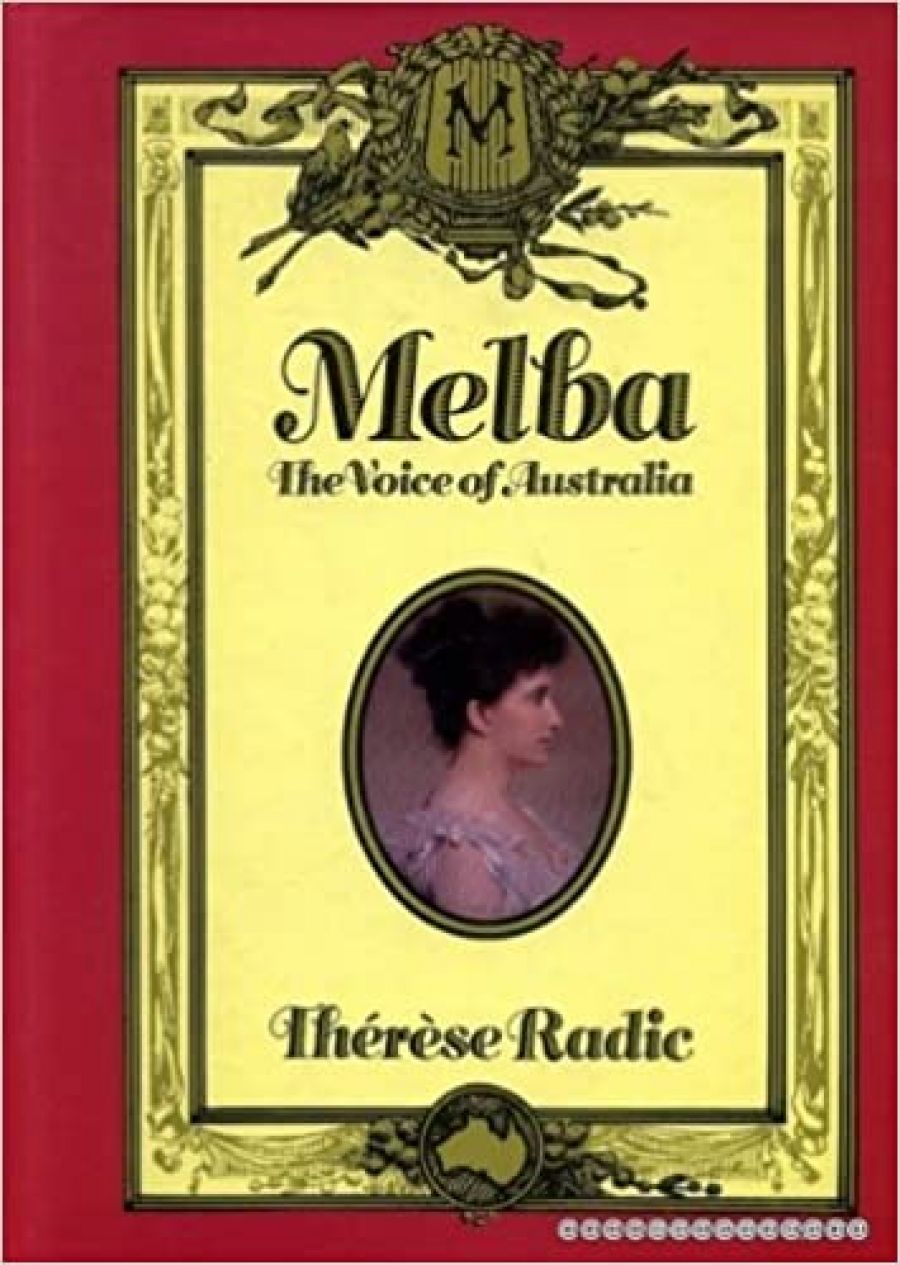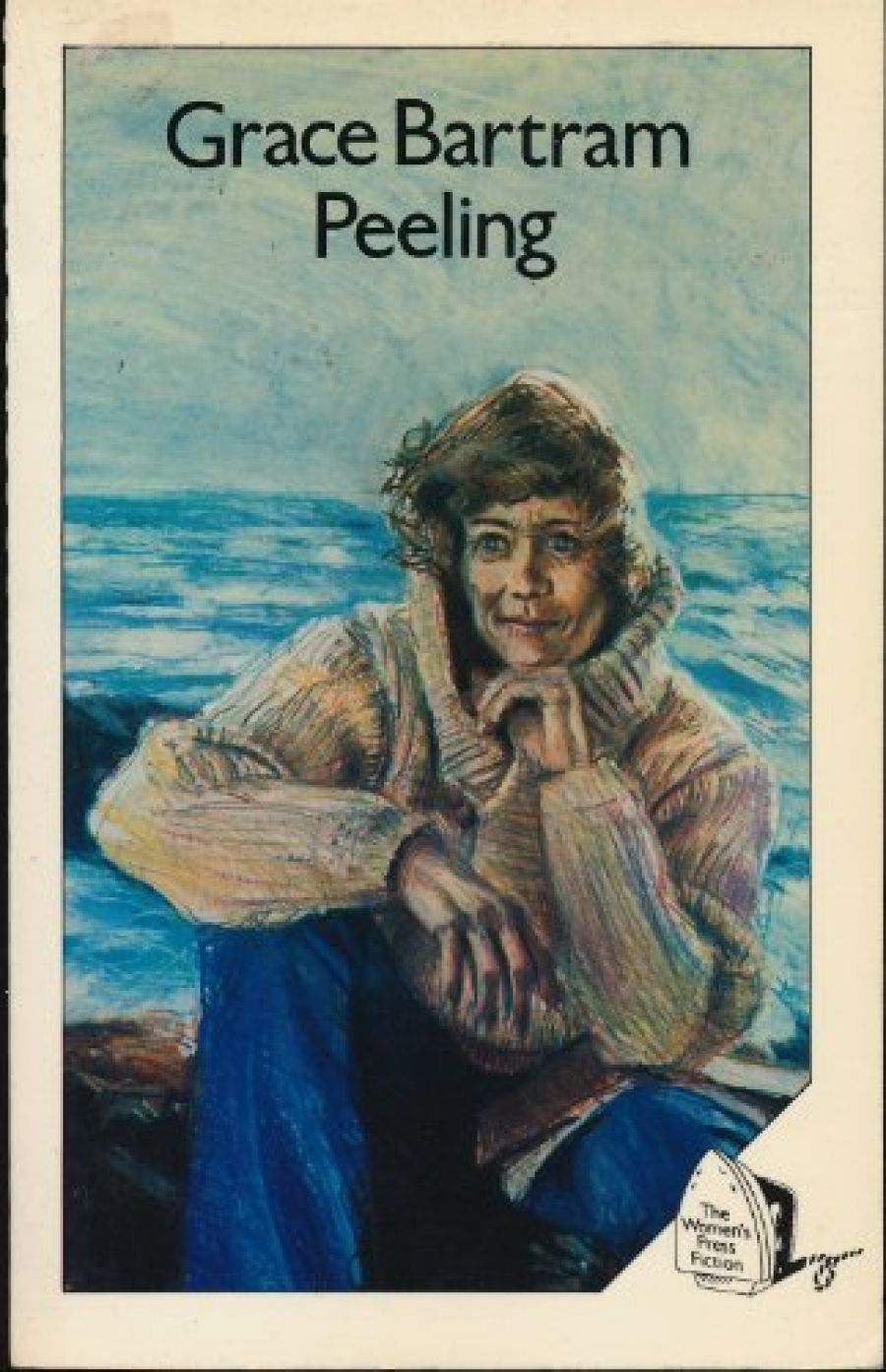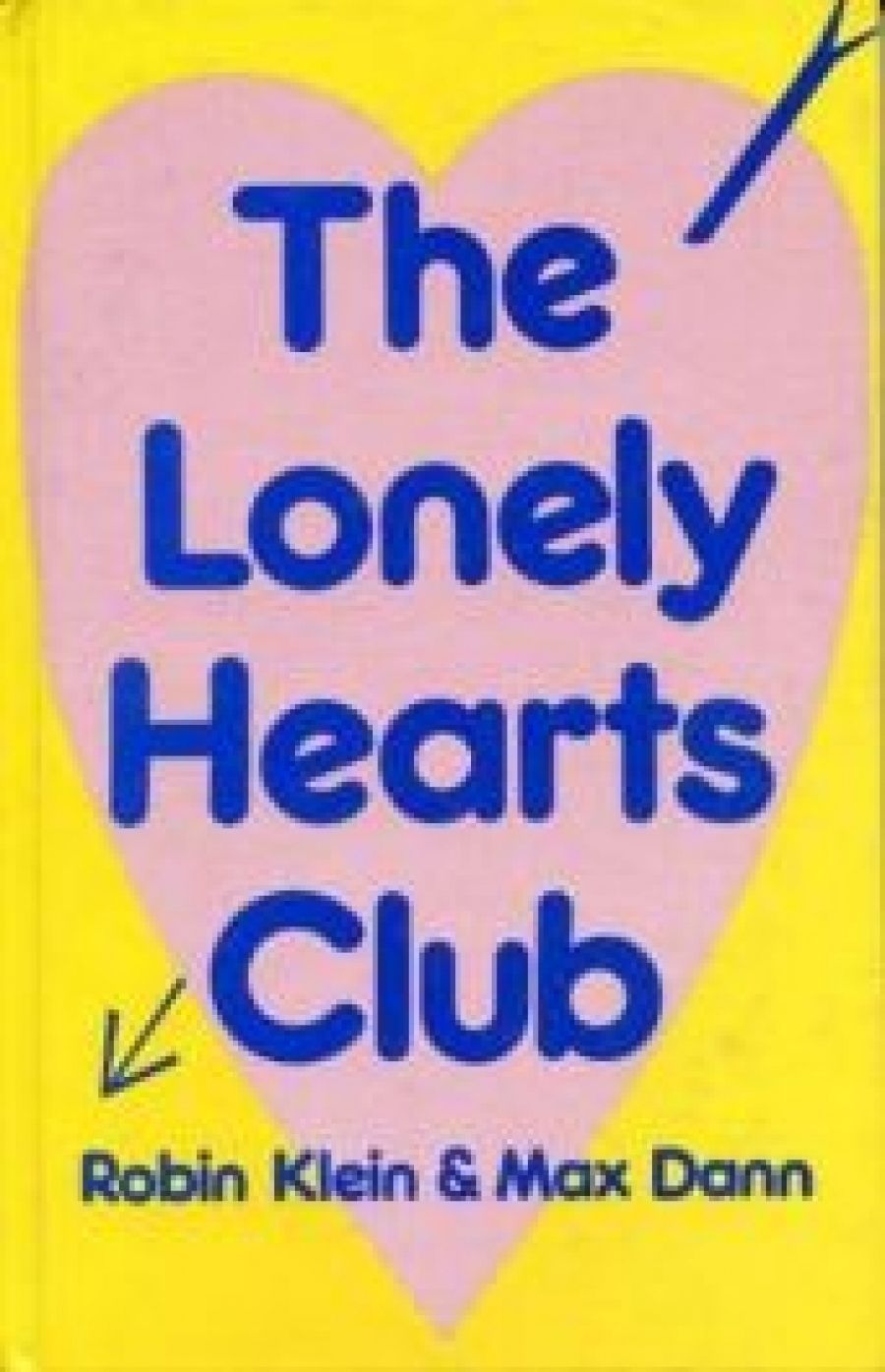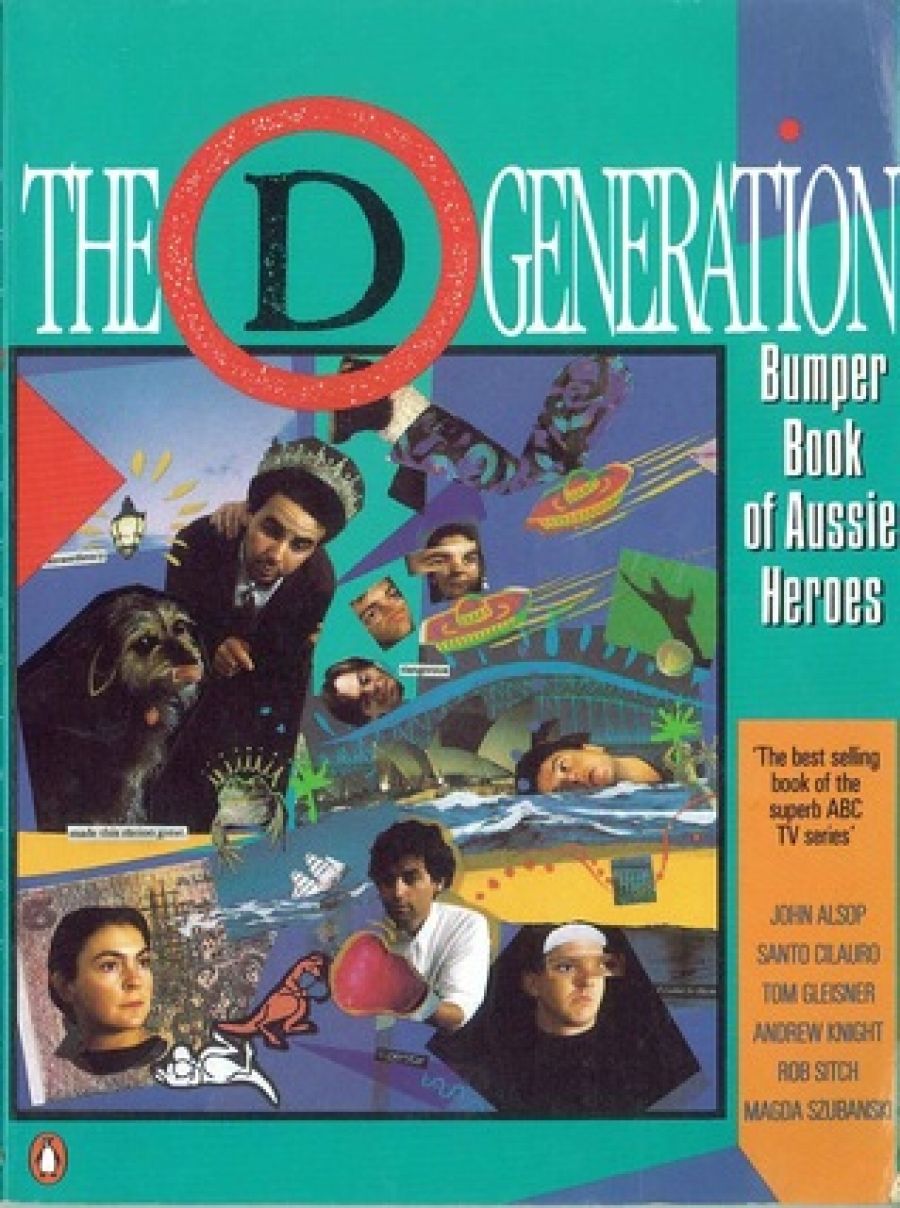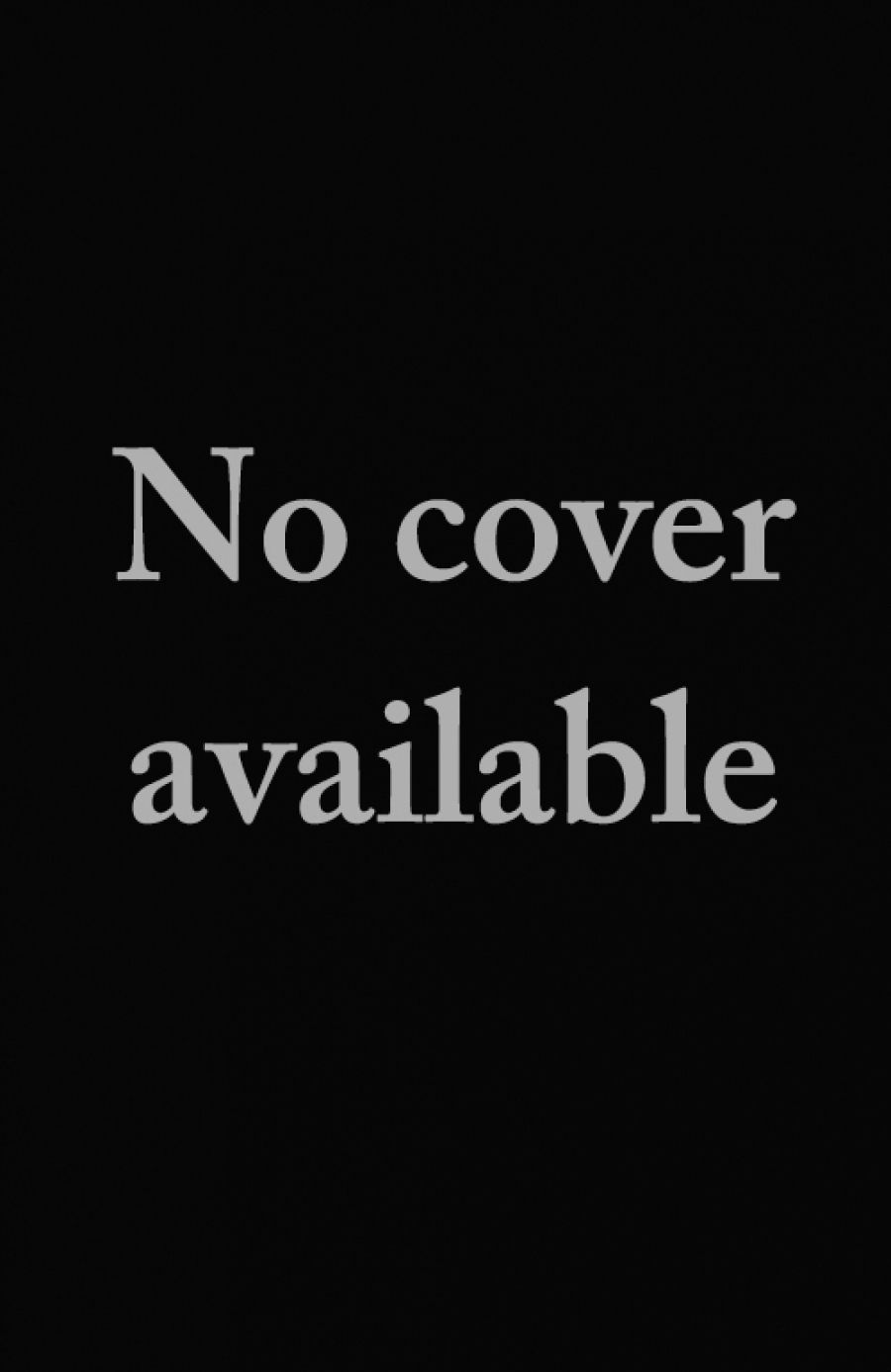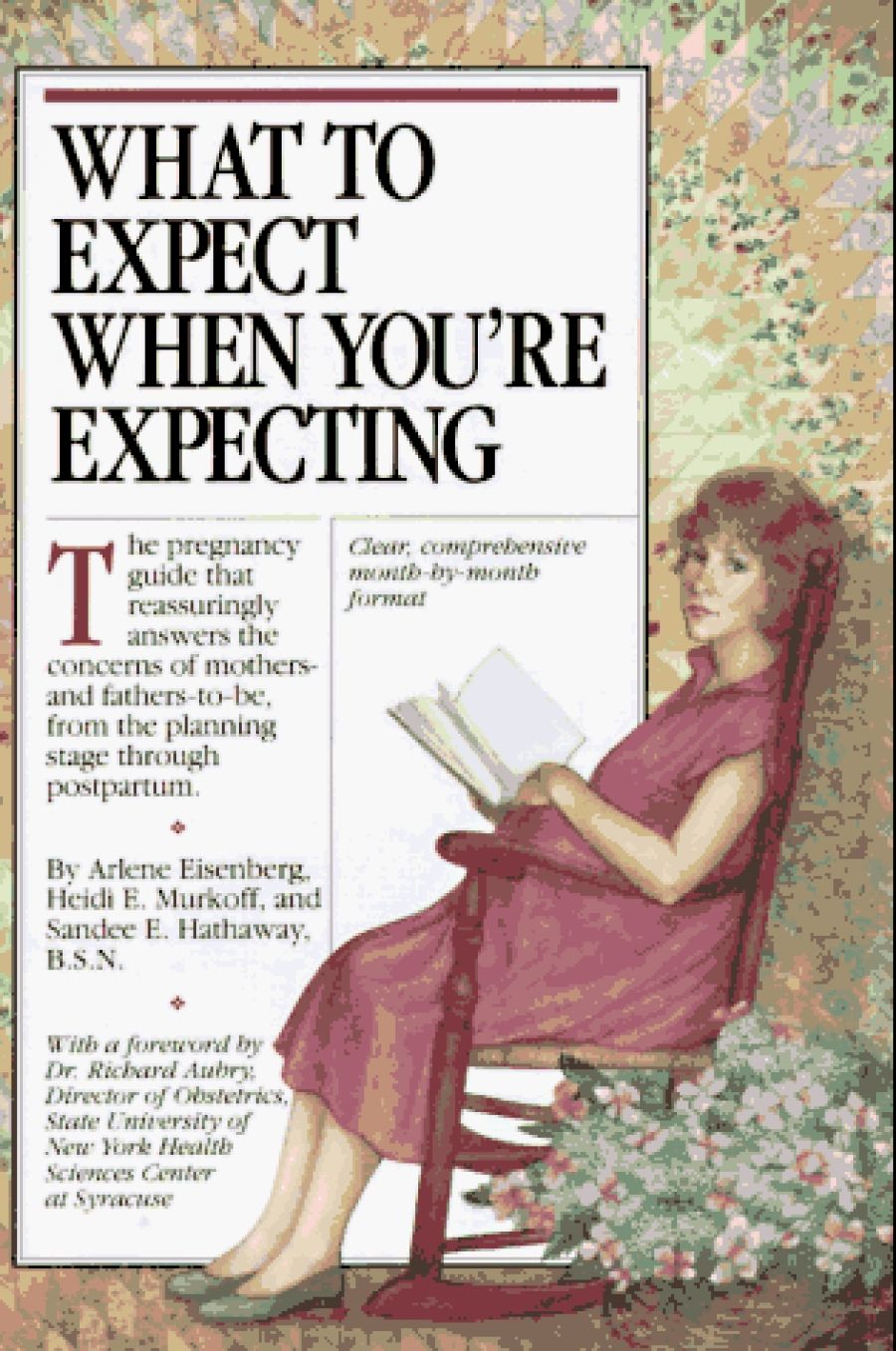Dear Madam,
I don’t usually believe in responding to reviews, but Kenneth Gelder’s review (ABR June 87) of The Illustrated Treasury of Australian Stories, which I edited, raises a few points which are worth a reply.
Gelder may have his fantasies of Adelaide as a city of ‘beautiful spaces’, greys and pinks, colour-coordinated, but I wish he would leave me out of them. I never lived in Adelaide, and left South Australia for Sydney nearly four years ago.
For some reason, he also feels compelled to review my The Australian Collection, published in 1985. His review is as much an attack on Richard Walsh and the Angus & Robertson designer of the Collection, and on Nelson and Barbara Beckett, publisher and designer of the Treasury, as it is on myself. The main reason for this attack is what Gelder calls ‘beautifying populism’. The aim of both publishers was to reach as wide an audience as possible, an audience composed not of deconstructionists but of ordinary (not ‘leisured, “cultured” middle class’) people made somewhat nervous of literature by people like Kenneth Gelder.
Yours etc., Geoffrey Dutton.
Dear Editor,
I wouldn’t have thought it necessary to counter in such earnest detail the views on writing expressed by John Hooker in ‘Shelf Life’. All right, a quick bucketing if you really must, but a thousand of your best-chosen words? Bit twitchy, aren’t you? Why respond to bull-necked ignorance with the full flag-flying treatment, and in such smug tones that one would have thought you’d at least brought down Norman Mailer? Your sententiousness aside, it’s quite possible that ABR readers don’t need to be preached at, Kerryn. Tedious, and dull. Still, not as bad as the good Gerard Windsor taking a whole page to tell us how to pronounce his name. And who cares about Hooker’s list of ‘best’ authors, or yours? I suggest that you invite guest columnists for ‘Abbreviations’ if you can’t think of anything to say. Put me down as a volunteer.
Your faithfully, John Carroll.
Dear Kerryn,
Hey, come on, why are you taking out your carpet beater to smash an ant? There’s poor old John Hooker, struggling not-so-young novelist in a faraway coastal resort, filling up an aptly titled column in a daily paper with a few words of a kind, just letting out a few irritations which circle round the head there in the country, just wishing littery critics wouldn’t puff themselves up so with pontifications about post-modernist radical feminist deconstructionist texts, when boom! Poor bloke gets swatted! So perhaps his grammar slips a bit. Doesn’t yours? Doesn’t mine? Don’t we all put our commas in eccentric places now and then? (You did, several times.)
Hooker wasn’t being anti-intellectual, you know, just anti-pseudo-intellectual. What this place lacks is a Pseud’s Corner. (I’m not suggesting you’d be there – anyone who could even contemplate shelling out fifty bucks for a Mills & Boon rather than spend a few hours without hir print-fix can’t qualify as a genuine Pseud.)
The man was just tossing off a few ideas, right? Maybe they weren’t ideologically correct. Maybe I don’t necessarily agree with them. Certainly, Hooker is not my friend or my sex or my nationality or my soul brother in any sense. But he isn’t devoted to floating on grey sludge either: he was just using a column to say a few things, same as you. And if you deign to notice them at all, why not treat them with respect rather than scoring points about whether he got his quotes right, or getting miffed because all his favourite writers are men, or stooping to the patronising line of ‘Poor thing, he can’t help it’?
What Hooker was saying was neither stupid nor reactionary, as you imply. The plea for simplicity has an honourable lineage, from the Bible through Strunk & White and Orwell, and a host of others I can’t even remember. Of course big, peculiar words may sometimes be useful, and there’s a certain satisfaction to be had from wielding them. But it’s a specialised activity, like carpentry or studying the habits of the lesser spotted dung beetle: and some of us really hope that literature won’t become an esoteric branch of philosophy.
There’s a conflict of perspective here, and that’s healthy, so long as it’s recognised as such. Fat chance there is of the cut and thrust of intellectual debate which Australia is alleged to need – and actually does need – if the moment anyone dares say what they’re thinking they get hacked to pieces and parcelled up into last year’s rubbish bag. Current orthodoxy is always tiresome and exclusive, and I don’t like to see it peddled by otherwise intelligent people.
OK, I’ll come totally clean and admit that I once used to hope that if women ran the show, they would extend, to all those people whose views they didn’t share, a tolerance and generosity hitherto unknown. And we will, and you must, Kerryn, otherwise the whole painful business of Getting There has been an appalling waste of time.
Sincerely, Caroline Lurie.
